
Why Philippine utilities are not financially motivated to solve power theft
Consumers are there to catch them anyway, says analyst.
Asian Power reported early August that the Philippines' energy agency is studying the charges on consumers' power bill and trying to probe how to revise it. One of the changes they're looking at is the possibility of eliminating system loss charges. According to DOE spokesperson Pete Ilagan, the decision to carry out the study was a result of excessive system loss reported by DUs.
He added that the agency will probe whether the system loss cap, 9.5% for private DUs and 13% for electric cooperative, is being followed by power distributors.
We spoke with Dr. Bikal Pokharel, principal analyst for power at Wood Mackenzie's Asia Primary Fuel Fundamentals and asked his thoughts on the matter.
If implemented, how will this revision affect Philippine utilities?
This refers to the system loss charge in the electricity bill. The maximum recoverable losses for distribution utilities is regulated by ERC and currently stands at 8.5%. If the distribution utilities are asked to shoulder the burden of this, it will have an immediate impact on their bottom line.
Other countries are having their utilities shoulder system losses. Is it high time for the Philippines to do it too?
The system losses are almost always paid by the electricity ratepayers. It's usually a question of accountability. As 'line losses from heating' occur in the process of making electricity available to the consumers, the ratepayers are deemed accountable for the charge. Its almost like the cost of electricity delivery. However, it can be argued who should pay for losses arising from electricity pilferage. In most jurisdictions, if not all, consumers pay for pilferage because it is generally lumped within the system losses.
Who do you think must shoulder system losses, consumers or utilities?
I think the ratepayers should pay for the line losses. However, the level of recoverable losses should be mandated by the regulators as is currently done in the Philippines. Without capping losses, the utilities won't have much incentive to curb inefficiency.
How should Philippine-based utilities deal with losses due to pilferage?
As long as the utilities are able to pass on the cost to the consumers, they wont be financially motivated to solve the problem of power theft. Normally, it comes down to the government to place policy measures to tackle with power theft. The first step to deal with losses from pilferage is to identify the place of origination. Utilities, in countries like Brazil, have used smart meters to identify the location of system loss.


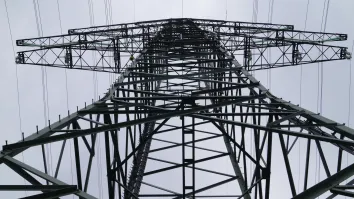
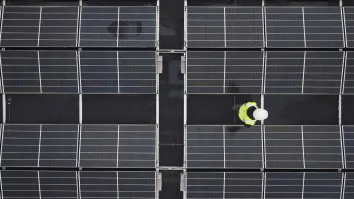
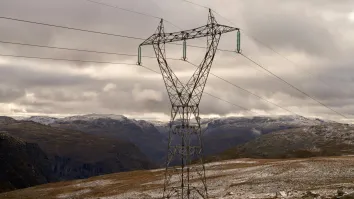

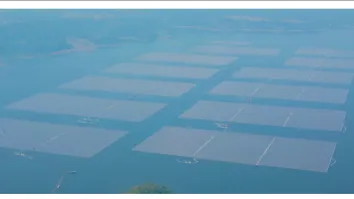
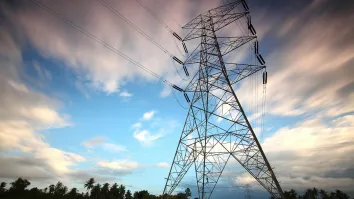
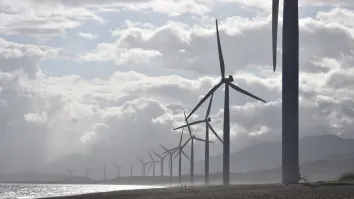










 Advertise
Advertise






